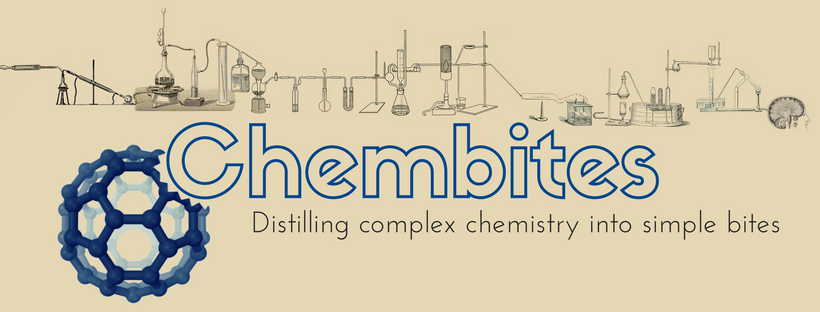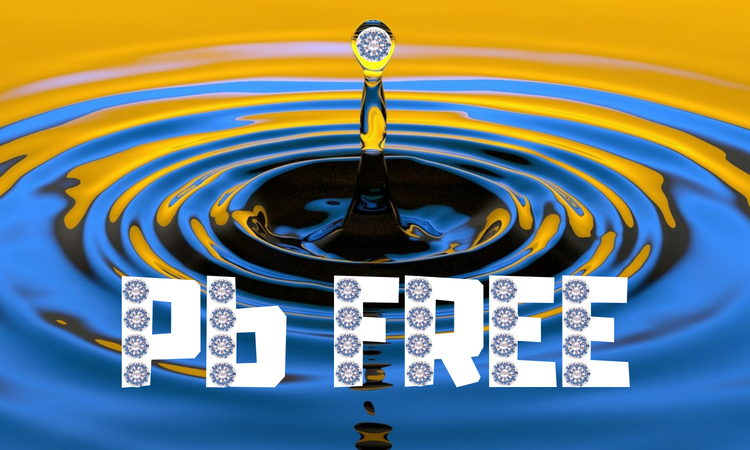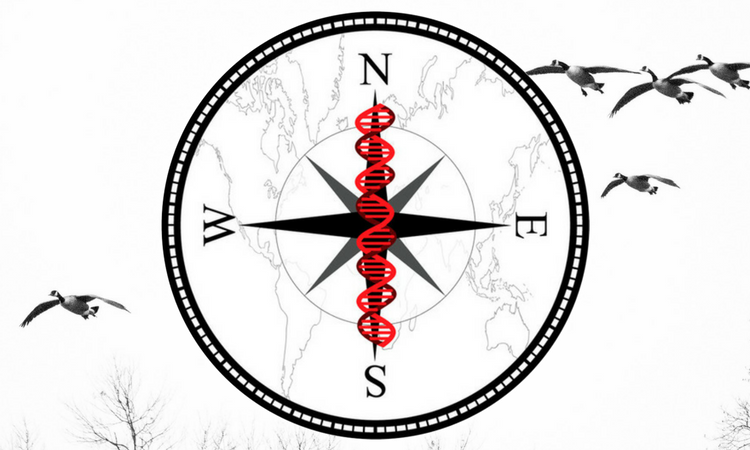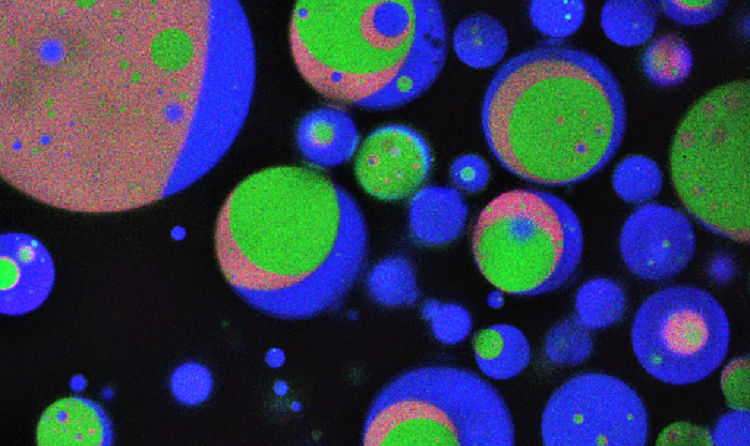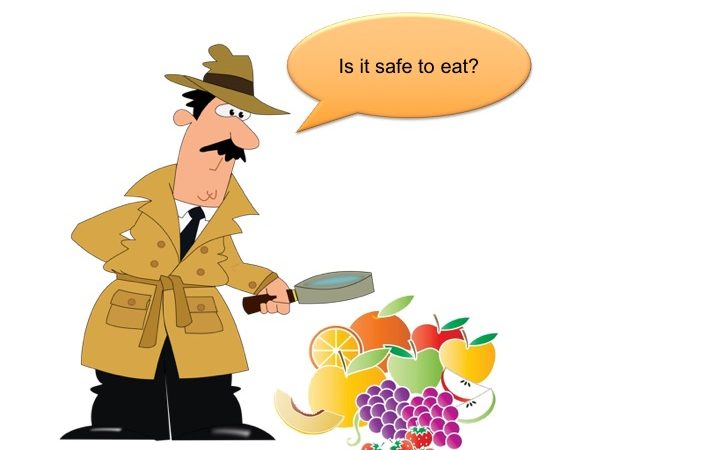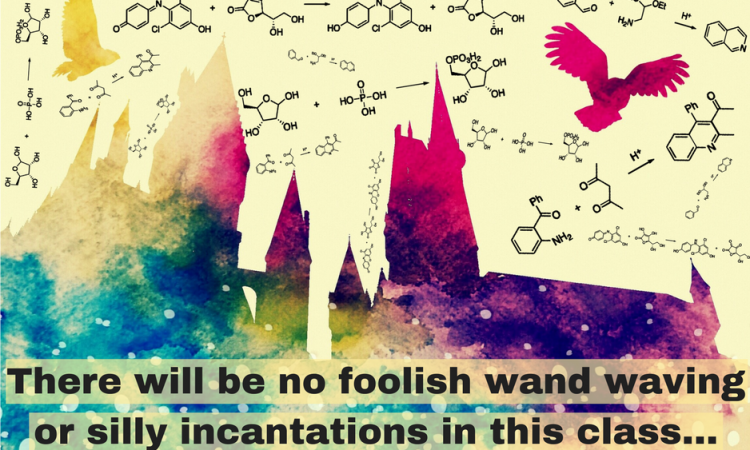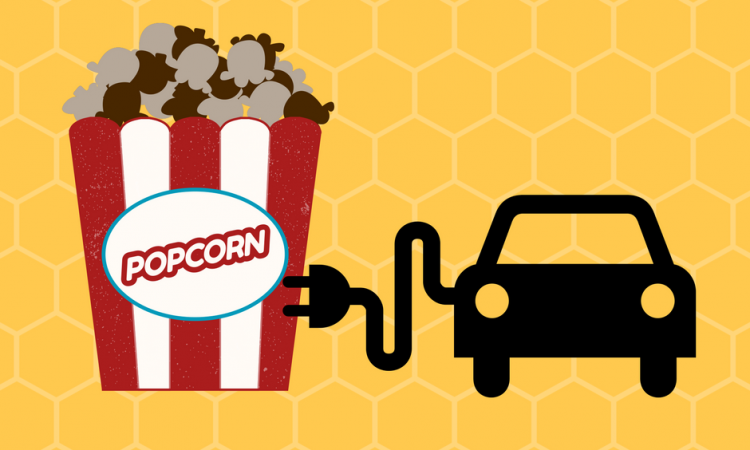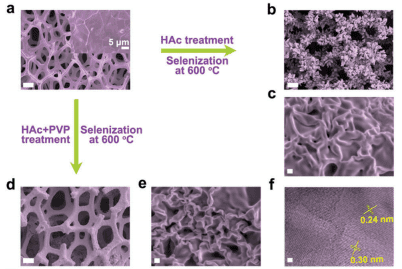Aging infrastructure containing lead contaminates too many water sources in the US, and worldwide. For the first time, researchers have developed a material, based on a metal-organic framework, that almost instantaneously brings lead- and mercury-contaminated water to safe drinking levels. Could this be the next generation of water filters?
Weak Magnetic Fields Affect DNA Repair: A Migratory Bird’s Inner Compass?
Birds and other migratory animals use the Earth’s weak magnetic field to navigate, but what do they use as a compass? While previous research has uncovered some promising candidates, not until now have experiments identified a compass sensitive to fields as weak as Earth’s – DNA repair by photolyase.
Ten Hundred Word Challenge: Charlie Makes Droplets Like Your Cells
With only the 1,000 most commonly used words in his arsenal, Charlie explains his research making water droplets that simulate a cell-like environment.
Ten Hundred Word Challenge: Elizabeth Measures Pesticides in Food
The fearless leader of Chembites, Elizabeth Lam, explains her research on quantifying pesticides in food. The catch: she can only use the 1,000 most common words in the English language!
Chemistry by Computers is Better Than Harry Potter Fanfiction
Neural networks have been used to write fanfiction, generate pictures of fake celebrities, and draw dream-like psychedelic images from photographs. But did you know they can make chemistry easier, too?
Popcorn supercapacitors – future batteries for electric cars?
Most people prefer their popcorn popped to perfection, but scientist Jianhua Hou prefers his burnt. How could the smell of burnt popcorn possibly be a good thing? Chembites investigates!
Efficient Water Splitting Brought to You by Nickel Foam
We’d love to run cars on hydrogen, spitting only water out of the tailpipe. To produce cheap hydrogen in a green way, these researchers have developed a surprising new material to split water into hydrogen and oxygen.
